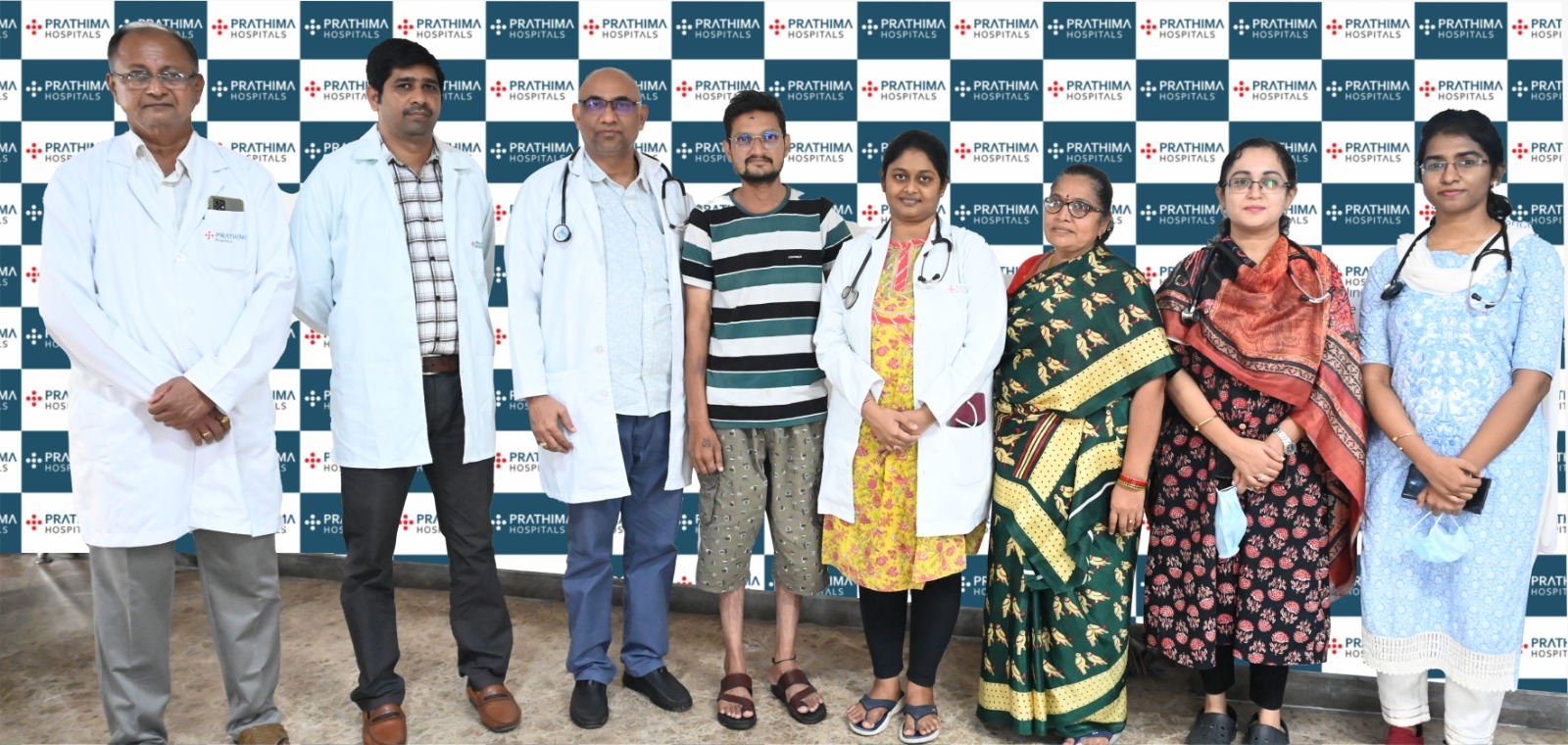Male Infertility Problems and Treatment Options

Reproduction (or Making a baby) is a simple and natural experience for most of the couples. However, for some couples, it is very difficult to conceive.
Q:1) How common is male infertility?
Infertility is on rise in society, in past it was thought that cause always lies in female, but it is now known that male alone contributes to 30% of fertility problems. A man’s fertility generally relies on the quantity & quality of his sperm. That is majority of patients have low sperm counts & poor motility of sperms.
Q: 2) How to diagnose male infertility?
In most cases, there are no obvious signs of infertility. Intercourse, erection & ejaculation will usually happen without difficulty. Hence evaluation of male infertility involves detailed history taking, physical examination, tests like semen analysis, scrotal Doppler ultrasound scanning & hormonal evaluation in some patients.
Q: 3) What are the common causes of male infertility?
About half of patients have treatable problem like varicocele, blocks in sperm transport pathway, hormonal deficiency. others have untreatable causes like failure of testis to produce sperm due to genetic problems.
Q: 4)What are the strategies to prevent male infertility?
- Most important is follow healthy dietary habits.
- Life style modifications like avoiding smoking, alcohol & other recreational drugs.
- Treat problems of sexual intercourse & certain medications to improve sperm count & quality.
- Inpatient with treatable condition, operation like varicocele surgery may help.
- Hormonal replacement should be considered in patients with hormone deficiency
- When medical treatment fails, the final options would be artificial insemination with husband sperm or donor sperm or adoption – ” Urologist in Hyderabad “
Overall, male infertility is a common problem careful evaluation is needed. treatment is possible in patients with recognizable cause. Advancements in medicine with artificial reproductive techniques (test tube babies) has given hope to many couple.



